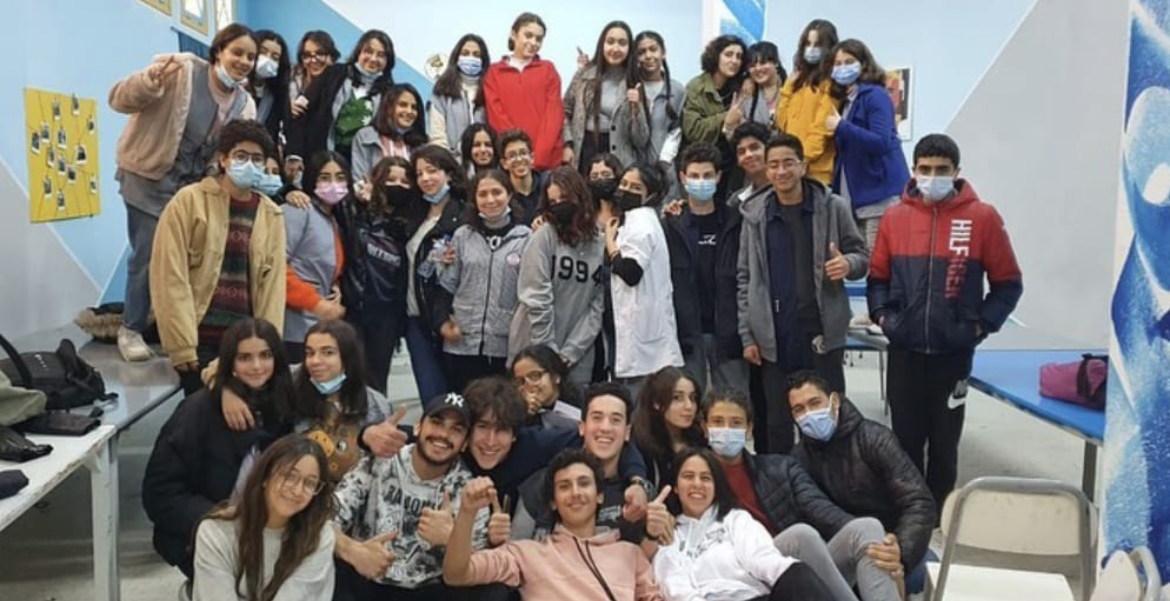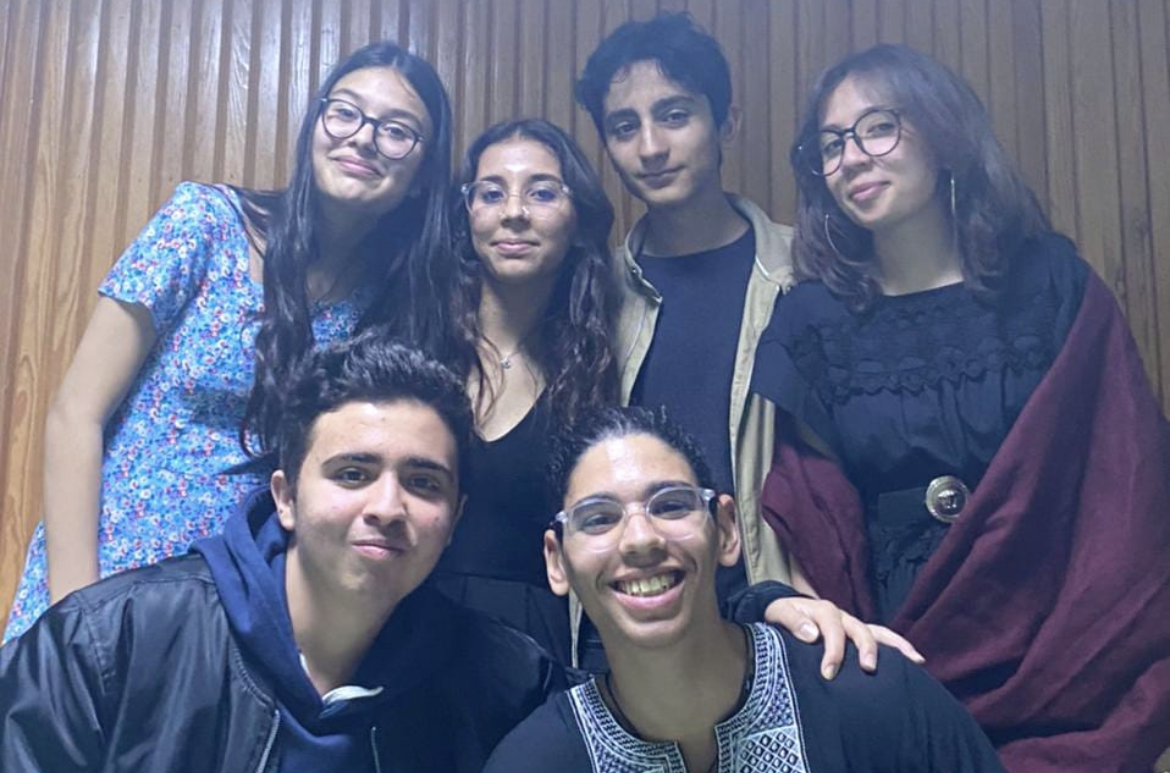Tunisia Chapter
أهلا ومرحبا!Hello and welcome to the Tunisia chapter of Education 4Earth, where we focus on learning more and advocating against regional inequalities and marginalization brought about by urbanization in Tunis. Here’s more about us:
Environmental Education Program
Our version of the education program focuses on the connections between science (geology, ecology, biology) and sociology, specifically in the context of urbanization. We teach these courses in partnership with a local environmental club, and we focus on large scale meetings in addition to one-on-one classes to teach concepts. In our sociology course, we take perspectives from different groups of students to discuss personal experiences about how increased dryness in regions surrounding Tuni have influenced increased urbanization into the city. Like the US Chapter, we examine how cultural values and beliefs influence politics-- specifically how the top-down method of the Tunisian government lacks relevance to and lacks consideration for the traditional knowledge of indigenous groups such as the Amazigh.

Through our ecology course, we discuss population dynamics in the context of the Middle East and North Africa (MENA), and how these impact urban centers as well as other ecological harms. We also learn about these concepts through data, such as through implementing knowledge of population dynamics in the region into Excel through the use of population pyramids.
In our geology course, we focus on relevant information to our region, which in this case would be deserts, their different forms, how they’re impacted by weathering and erosion processes, as well as different types of sand dunes. These go back to our focus on understanding the impacts of desertification, an issue of strong relevance here in the MENA region. We currently have 33 members and 68 students in this chapter.
Long-Term Projects
